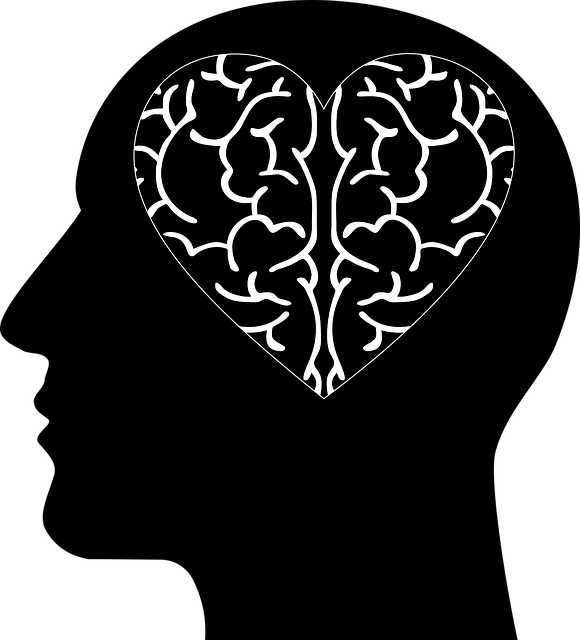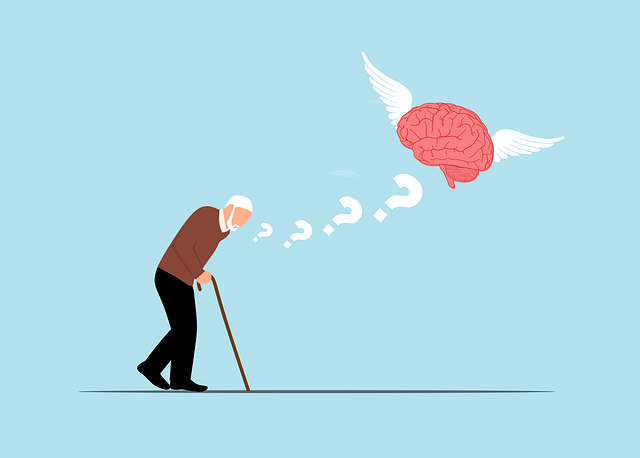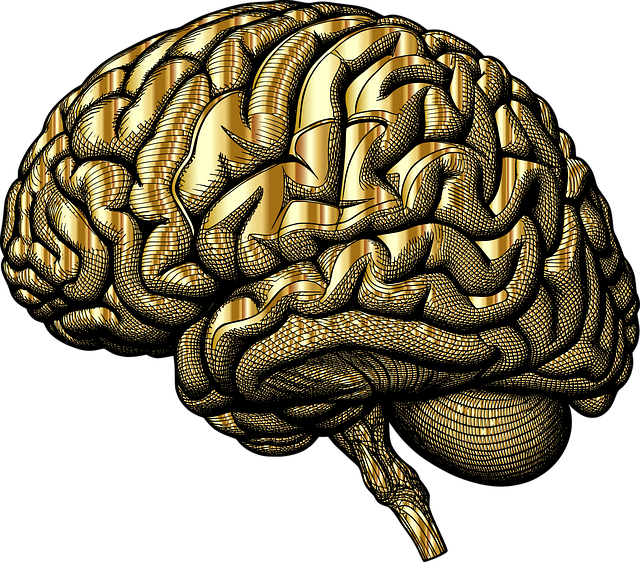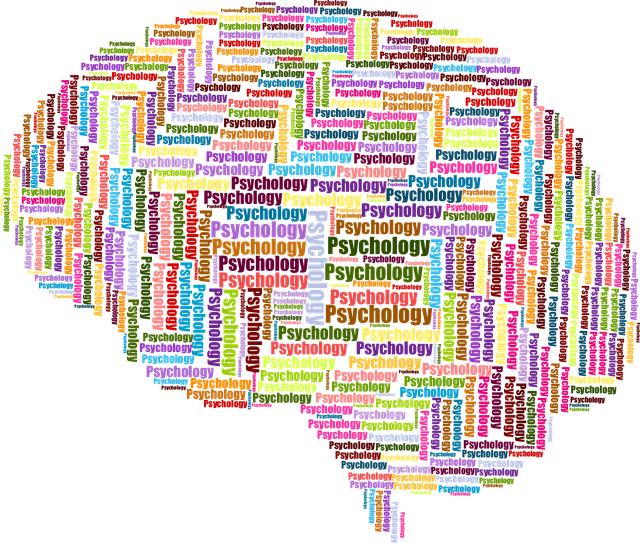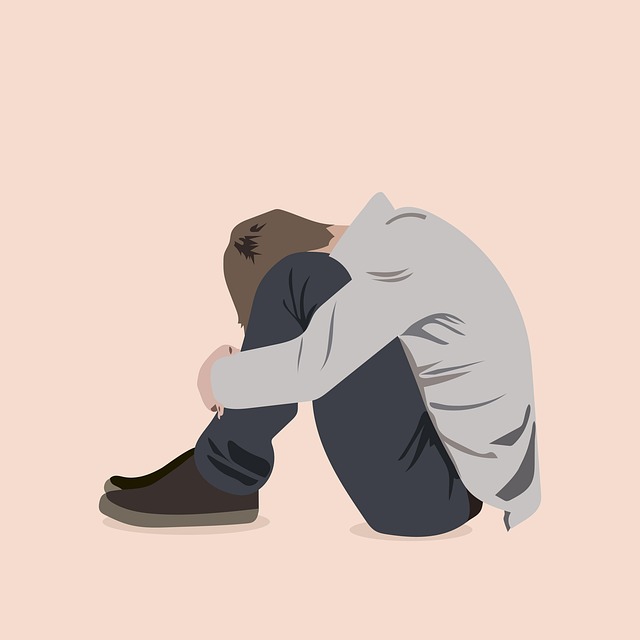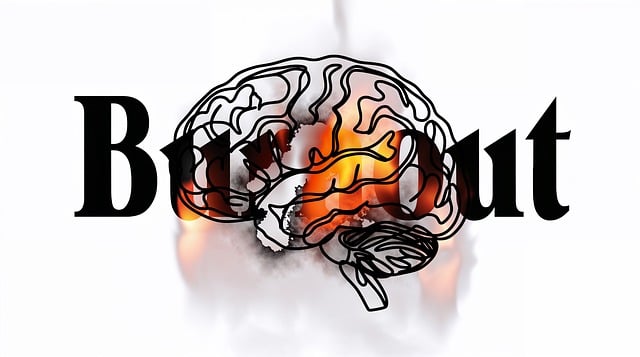Anxiety, a natural stress response, becomes debilitating when persistent. Golden First Responders Therapy (GFRT) targets automatic mental and physical reactions to stress, integrating self-care practices for improved mental health. GFRT incorporates CBT, mindfulness, and burnout prevention strategies. CBT provides immediate relief from anxiety symptoms through practical coping strategies, fostering emotional regulation. Mindfulness and meditation focus on the present moment, quieting a restless mind. Physical activity and proper nutrition stimulate endorphin release and support brain function. Social support, combined with community integration and conflict resolution, addresses anxiety's root causes. GFRT aims to make these therapies mainstream through accessible Mental Health Policy Analysis.
Anxiety is a common experience, but managing it effectively is key to leading a fulfilling life. This article explores powerful techniques designed to soothe anxious minds, featuring strategies from cognitive behavioral therapy (CBT) and mindfulness practices, to the benefits of physical activity and social support. Discover how these Golden First Responders—both internal and external resources—can help you combat anxiety, offering tools to navigate and overcome its challenges.
- Understanding Anxiety: Recognizing the Golden First Responders
- Cognitive Behavioral Therapy (CBT): A Powerful Tool in Your Arsenal
- Mindfulness and Meditation: Calming the Storm Within
- Physical Activity and Nutrition: Fueling Your Body, Soothing Your Mind
- Social Support and Connection: The Power of Community and Companionship
Understanding Anxiety: Recognizing the Golden First Responders

Anxiety is a natural response to stress, but when it becomes overwhelming and persistent, it can significantly impact daily life. Understanding anxiety involves recognizing its subtle yet powerful effects on our minds and bodies. The “Golden First Responders” are not a real emergency team but an metaphorical concept referring to the automatic mental and physical reactions that kick in during moments of heightened stress or perceived danger. These responses, though initially designed to protect us, can become problematic when they’re constantly activated due to chronic anxiety.
Therapy plays a crucial role in managing anxiety by helping individuals interpret and respond to these Golden First Responders differently. Through various therapeutic techniques, such as mindfulness, cognitive behavioral therapy (CBT), and mental health policy analysis and advocacy, individuals can learn to recognize triggers, challenge negative thought patterns, and incorporate effective burnout prevention strategies for healthcare providers, including self-care practices, into their daily routines.
Cognitive Behavioral Therapy (CBT): A Powerful Tool in Your Arsenal

Cognitive Behavioral Therapy (CBT) is a highly effective and evidence-based approach to managing anxiety disorders. It empowers individuals by helping them identify and challenge negative thought patterns and behaviors, offering a powerful tool in their mental health arsenal. CBT focuses on the connection between thoughts, feelings, and actions, allowing people to gain control over their emotional responses.
As a form of Golden First Responders Therapy, CBT teaches practical coping strategies for immediate relief from anxiety symptoms. It also promotes long-term emotional regulation by enhancing mental health awareness and improving social skills training. Through CBT, individuals learn to replace self-defeating beliefs with realistic ones, fostering a sense of calm and resilience in the face of anxious thoughts.
Mindfulness and Meditation: Calming the Storm Within

Mindfulness and meditation have emerged as powerful tools in the arsenal of anxiety management techniques. These practices encourage individuals to focus on the present moment, observing their thoughts and feelings without judgment. By cultivating a sense of awareness, one can quiet the restless mind that often contributes to anxiety’s relentless cycle.
Incorporating mindfulness into daily routines, such as mindful breathing exercises or body scans, acts as a kind of Golden First Responders Therapy for the nervous system. It helps to regulate emotions and calm the physiological responses associated with stress and anxiety. Moreover, regular meditation practice has been linked to reduced burnout prevention and enhanced compassion cultivation practices, allowing individuals to develop a deeper sense of inner peace and resilience in the face of life’s challenges.
Physical Activity and Nutrition: Fueling Your Body, Soothing Your Mind

Physical activity and proper nutrition are powerful tools for managing anxiety and promoting overall well-being, often recommended by Golden First Responders Therapy as integral components of a holistic healing approach. Engaging in regular exercise releases endorphins, which act as natural mood lifters, reducing stress hormones and easing symptoms of anxiety. Activities like yoga or mindfulness-based workouts combine physical movement with breath control, helping to calm the mind and foster emotional balance.
Nutrition plays a significant role in mental health too. A balanced diet supports brain function by providing essential nutrients that contribute to emotional healing processes. Foods rich in omega-3 fatty acids, vitamin B complexes, and magnesium are particularly beneficial for managing anxiety. Avoiding excessive caffeine and sugar can also help regulate mood swings and reduce feelings of burnout, which is a common issue among those dealing with trauma and its aftermath, as highlighted by Trauma Support Services. These nutritional choices, combined with physical activity, create a foundation for sustaining mental resilience and preventing burnout, crucial aspects in navigating challenging emotional landscapes.
Social Support and Connection: The Power of Community and Companionship

Anxiety can be a isolating experience, but social support acts as a powerful antidote, offering a sense of belonging and connection that’s essential for mental wellness. Whether it’s reaching out to friends and family or joining support groups dedicated to anxiety management, having a strong network can significantly mitigate symptoms. These connections provide not just emotional support but also practical assistance during challenging times, fostering a sense of security and resilience against anxiety’s grip.
Golden First Responders Therapy leverages the power of community in innovative ways, recognizing that social connections are crucial components of holistic mental health care. By integrating conflict resolution techniques within supportive communities, this approach aims to address underlying issues contributing to anxiety. Moreover, advocacy for Mental Health Policy Analysis ensures that accessible and effective therapies like Golden First Responders Therapy become mainstream, ultimately benefiting those struggling with anxiety by fostering a more inclusive and supportive society.
Anxiety management is a holistic journey, leveraging powerful tools like Cognitive Behavioral Therapy, mindfulness practices, physical well-being, and social support. Understanding that anxiety has its “Golden First Responders” helps in recognizing and addressing the root causes effectively. By combining these techniques, individuals can cultivate resilience, find inner peace, and lead more fulfilling lives. Embrace these strategies as a comprehensive approach to managing anxiety, allowing you to take control and thrive.

